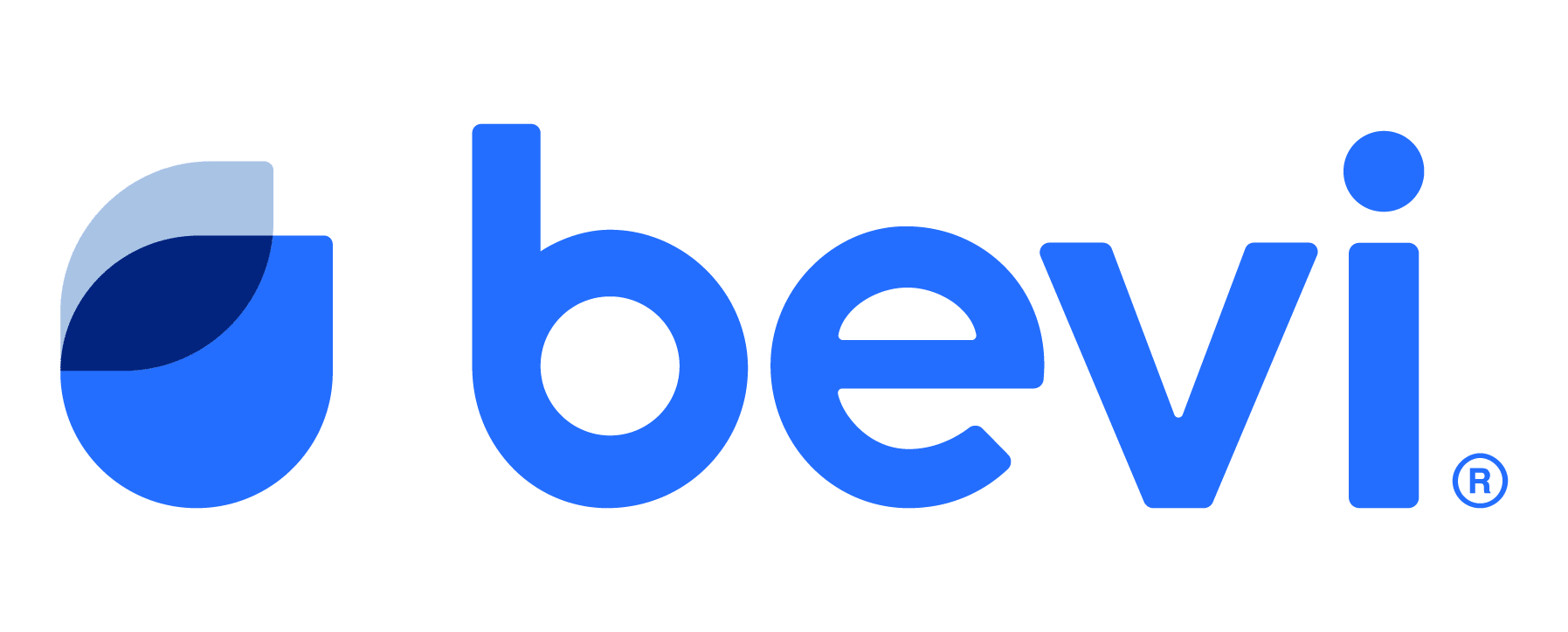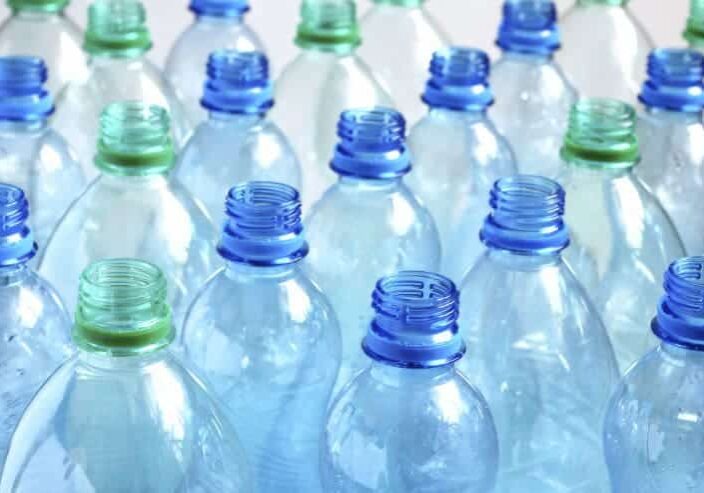April 17, 2024. After learning about the Great Pacific Garbage Patch, an immense collection of 1.8 trillion pieces of mostly plastic waste adrift in the North Pacific Ocean, Eliza Becton, a mechanical engineer turned industrial designer from Yale and RISD, was shocked. It was tragic to see us polluting our oceans—which ultimately meant polluting our drinking water—with plastic bottles and containers, many of which had once contained that very same drinking water. What actions could we take to address this terrible, wasteful cycle? Eliza would eventually meet, and start working with two graduate business students in environmental advocacy, Sean Grundy and Frank Lee from MIT Sloan, who shared her concern for the plastic pollution issue. Together, they resolved to launch their efforts within the beverage industry.
King of plastic waste
Fact: the world’s largest beverage companies are also the world’s biggest plastic polluters. They have been polluting plastic at an increasingly monstrous rate for decades. Their pollution is so extreme that U.S. states and environmental groups have taken to suing beverage companies for endangering environmental and public health and misleading consumers on the recyclability of plastic.
600 billion plastic bottles and containers are produced each year for water alone. Less than 30% will ever be recycled. The remaining waste will end up in landfills, streets, fields, and waterways. Those waterways run to the ocean, where plastic bottles—and the microplastics they degrade down into—join other waste to become another 14 million tons of plastic added annually to our largest bodies of water.
Be part of the solution.
Replace bottles with Bevi to cut plastic waste and offer healthy drinks in your commercial space. Download Bevi’s Environmental Sustainability Report to learn more.
What does it take?
Consider: every 16 oz. plastic bottle of water is manufactured using 179 oz. of water and enough oil to fill a quarter of that bottle. Getting one bottle from factory to fridge generates 78.9g of carbon emissions, which multiplied by the number of plastic bottles sold annually across the globe, equals the carbon footprint of 12.5 million cars. That means a staggering amount of energy—and water—is wasted every year producing hundreds of billions of plastic water bottles.
Also consider: bottled beverages may not be all that safe to drink. A liter of bottled water has 240,000 detectable plastic fragments in it. Every bottle. These microplastics are a growing hazard to our health; they are being found everywhere—in our hair, lungs, arteries, blood, brains—and have the potential to cause serious health complications. And there’s 252% more PET (polyethylene terephthalate) plastic in the bottles used for soda than those used for water, which raises questions about its microplastic content.
The plastic problem
All of the plastic that is dumped into our ocean at first required energy to manufacture it and a supply chain to distribute it. All of that plastic, in the end, floating in the ocean, eventually becomes part of the water we drink. It enters the food chain, so it becomes a part of the food we eat. Plastic is doing damage to our planet—and, in the end, it’s doing damage to our health. No wonder three out of every four people support a worldwide ban on single-use plastics.
Unbottling the beverage industry
Eliza, Sean, and Frank started Bevi over 10 years ago because they believed people shouldn’t have to choose between sustainability and convenience. You shouldn’t have to choose what’s good for you and what’s good for the environment. Bevi is designing a world where you can do both.
Bevi offers a wide variety of healthy beverages without single-use containers, in a format that is just as convenient—and more fun—than bottled alternatives. Our bottleless machines pour still, sparkling, hot, cold, flavored, and enhanced water on-demand.
- Our customers have already collectively saved over 500 million bottles and cans. We plan to save 1 billion single-use containers by the end of 2025.
- Each machine we produce can save 50,000+ 12 oz. single-use containers every year.
- Bevi cuts the wasteful traditional beverage supply chain by more than half, eliminating fuel-intensive transportation with every beverage poured from our machines.
- Our machines are built with state-of-the-art carbon filters, designed to remove microplastics, bacteria, chlorine, and other unwanted elements from tap water down to 0.2 microns—surpassing the precision of even premium consumer filters.
- More than 6,000 companies and organizations keep their employees, residents, guests, partners, and attendees hydrated and happy with Bevi machines.
Bevi will soon replace single-use bottles and cans in all the places they’re frequently consumed. There will be a smart water cooler to greet you as you go about your day: in the office, at the gym, at school, and even in restaurants and bars. It will be far more cost-effective than buying single-use containers, with all of the same flavors, fizz, and fun, and without the egregious plastic waste in our oceans.
Looking to reduce your carbon footprint—plus reduce costs and get delicious filtered water on tap? Get a quote for a Bevi machine.


